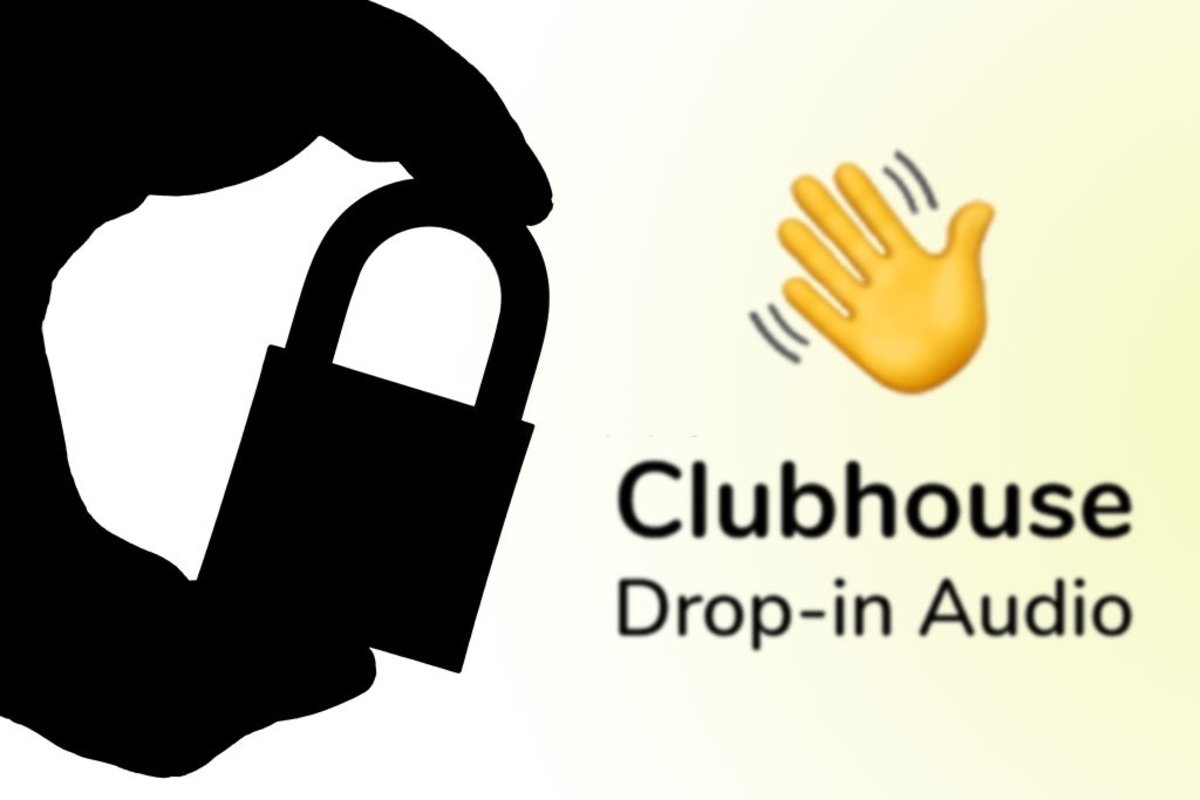With a heavy heart and a bag full of doubts and clothes just for a weekend, many students travelled to their hometowns just before India announced its lockdown. Little did we know that we were going to be in a situation where our classwork and homework had to be done at home, that we were going to study lying on our beds and through the very phones that were banned from on our campuses. Many of us even had our graduations and farewell ceremonies sitting at home. The lockdown was spent with nostalgia for the life we once had; the people who once sat next to us were now only visible on blurred screens. Nostalgia was followed by boredom when educational institutions were trying to decide what to do with us. Then came a speed train of classes, assignments, homework and exams that made the long months go by in a jiffy.
But was it just students who felt that online education was a big blow to the campus life they wished for? Teachers found it very difficult to make the transition from offline to online. They had to deal with mute students and blank screens. Many teachers had to find ways to keep the class entertained, and for doing that, they had to make peace with the latest technology instead of the traditional textbooks we once used. Educational institutions that used to be filled with so much energy and vitality became deserted, and Zoom platforms became the schools we logged in to virtually. Teachers missed the interactions they had with students, and the technical glitches that come as a disadvantage to online education made the situation worse.

Brown Magazine asked some students about their experience with online education. And this is what they had to say – All the students unanimously agreed that online education was the safest option during the pandemic. But some students expressed their dissatisfaction with the communication gaps that came with online education as well as its side effects on health. Sreya, a student from Bangalore, says, “It wasn’t a healthy way of education as students were continuously sitting in front of their laptops and phones. And less knowledge was gained compared to what we gain during offline classes.”
Some students faced a lot of stress and strain as a result of online education. Madhuri, a student from Kottayam, says, “Other than being a safe option during the pandemic, I don’t find any advantage to the online mode. It wasn’t easy to decipher what the teacher was talking about. By the time you figure out whose network is down, the teacher moves on to another topic. It caused me frequent headaches after staring at the screen for a long time, and I was constantly stressed. ‘Sick leave’ was no longer applicable. More assignments to complete without access to the library. My eyes were sore, and I had sudden bouts of pain in the ears. I couldn’t even understand the classes properly, which doubled my stress. Online education for me was terrible.”

Seaba, a student from Kerala, says she loved the fact that she could “wake up just before time for class. But otherwise, my experience with online education was not so good. There was a lack of understanding about the content; the many PDFs shared online as texts led to confusion, rushing up of portions, and many network issues. It was also difficult to concentrate, and online classes only led to a lot of physical and mental stress.”
Bharath, a student from Kottayam, says, “It’s only better for the current situation. It prevents the crowding of students in this pandemic situation. But it’s not better than a classroom experience. Teachers don’t pay attention to every student. So only the students above average will benefit from an online class. The network problems are also an issue. Some students don’t have good network facilities; some even live in areas without mobile networks. While thinking of this pandemic situation, it’s good. But for better education, an online class is not a better option.”
But when the whole learning experience is available at the tip of your fingers, at the touch of a button, shouldn’t it have ideally made things easier? These students beg to differ.
Amita, a student from Hyderabad, says, “ I felt like the workload increased for online mode, making us work very late into the night. Also, many subjects need hands-on experience, which works better in an offline mode. Many teachers are not very sympathetic towards the student’s plight, and if the internet connection fails during the class/exams, they are very irritated because of it. I think online education is taking away the opportunity for many students, who face a lot of problems with an internet connection, problems at home etc. Offline education seems like the better option as students can get the best out of school/college life and interact with their peers, teachers, etc. Yes, spotty internet connection and power outages are the two main villains in the story. Some teachers are very understanding, while the rest insist on everything being precise, which is not possible in this current scenario. Online education for me was like a rollercoaster ride, with many ups and downs.”
A student also shared with us how online education can have adverse effects on your mental health. Nothing can replace the offline experience and those college memories we could have made. “One of the main disadvantages of online education,” says Sara, a student from Chennai, “is the loss of school/college life, which can never be retrieved for final year students. And this affected both my mental and physical health. There was no exercise as we never had a sports period or free time to roam around the college. Mentally I felt isolated, as there was no physical interaction with other students or teachers. I had internet connectivity issues, and my teachers were understanding in the beginning; later, they thought it was an excuse, and it was difficult for me. Online education was not good for me; I prefer offline mode of education.”
On the other hand, some students enjoyed a lot of benefits of online education. Narmada, a student from Trivandrum, says, “Online education can, in fact, reduce your overall cost of education. From the comfort of your home, you can attend classes. Since recording is available, one can easily access the content again and again. Connectivity issues were the only disadvantage. But my college tackled the issue by recording live sessions so that it could be accessed when the connection is proper.”
Then there were those who were neutral about their experience with online education. Shyam Krishna, a university student, says, “My online education experience was neutral, I would say because everything has pros and cons. It was really hectic because of the back-to-back assignments and everything. As a result, students had to face the laptop 24/7, which caused headache, migraine and sometimes depression, too, due to the workload. There weren’t many disadvantages for me, but there was a change in study pattern making students work more than anything. The college was sympathetic towards our issues.”
Brown Magazine turned to the teachers to conclude whether online education is a viable option or not, after all. Phiona, a professor from Kottayam, says, “Connectivity issues were a major hassle. I didn’t find online education difficult, though. But I prefer a one-to-one interaction any day. I didn’t think the online mode was disadvantageous as I could communicate well with my students. Except for when technical glitches popped up. And during this pandemic, I would not prefer any other mode.”
Most of the teachers unanimously stated that technology is perhaps the greatest barrier as well as the only platform for education right now.
Professor Anjali says, “Spatial and temporal barriers never matter. Online education for me was convenient and comfortable. Physical effort and strain are also minimal. However, interruptions occur due to network issues. Absence of face-to-face interaction in physical classrooms may result in poor reception of lessons and minimum response from students.”

Juby, a school teacher, says, “Online teaching for me was below average. It made topic completion and use of references very easy. But there were communication problems as there was sometimes no response from the students. As an academician, I was not satisfied.”
However, some teachers adapted easily to the new teaching methods and found ways to grasp the students’ attention, even online.
Reny, a teacher from Dubai, says, “It was possible to arrange a learning schedule that meets the students’ individual needs. I did not face any difficulty, but I prefer to meet my children for one-to-one interaction. This is a better experience only for this pandemic situation.”
Lizy Devasia, a teacher from Kerala, says, “I was able to track my students’ progress and give each student a customized lesson. Sometimes the students would get distracted easily by video games and movies which makes them lose interest in academics. It was quite difficult as none of their cameras are on because it feels like talking to a robot, but it’s all the more fun when the whole class is up and interactive. Online education was very informative, but one-to-one interaction with the class is definitely preferred. I have learned a lot during online education, so I have to say it was rather helpful.”
From our conversations with students and teachers, what we found out is the one thing students and teachers both agree on – that is they would choose “offline” over “online” any day. But what other option do we have?
I guess there will never be an answer to whether or not online education is the best or the worst contingency during this ‘New Normal’. All we can hope is that things get better soon, and students and teachers get to enjoy the classroom experience once again.





